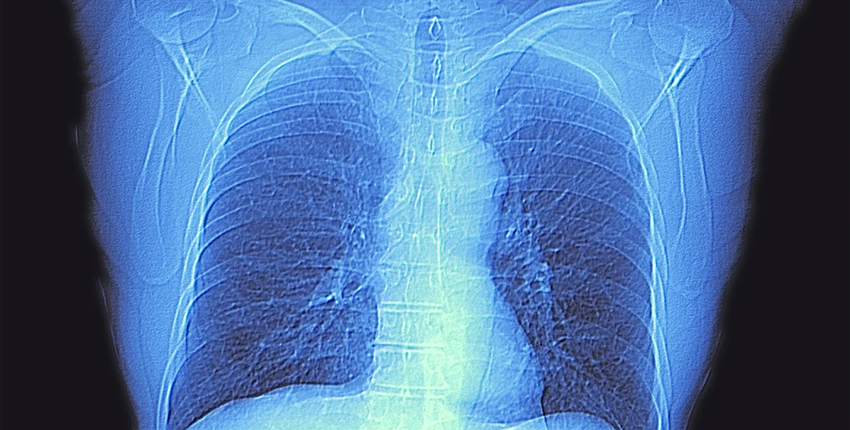Removing Race from Tests for Lung Disease Could Benefit Millions of Black Americans
DBMI's Arjun Manrai is quoted in Scientific American on his publication in the New England Journal of Medicine
DBMI's Arjun Manrai is quoted in Scientific American on his publication in the New England Journal of Medicine

Excerpt:
In 2021 both the American Thoracic Society and European Respiratory Society stated that adjusting for race in lung function estimates was not appropriate. The following year a group called the Global Lung Function Initiative created a race-neutral equation for lung function.
[James] Diao and his colleagues found that the race-neutral equation was similarly accurate at predicting respiratory disease—including chronic obstructive pulmonary disease, asthma and other chronic respiratory diseases—as the previous equations. Using data from more than 300,000 people from across the U.S. and the U.K., the researchers compared the outcomes of using the old, race-conscious test with the newer one that removed race—then applied those differences to the entire U.S. For Black Americans, this meant reclassifying respiratory disease as more serious and increasing the number and amount of disability payments. But even these changes, which could affect millions of people, don’t encompass the full implications of removing race from spirometry, the authors of the new study say.
“Spirometry data is so deeply embedded into respiratory evaluation, and there are dozens of other affected outcomes that we were unable to quantify,” says Arjun Manrai, an assistant professor of bioinformatics at Harvard Medical School and senior author of the new study. These include the effects on people’s eligibility for clinical trials, insurance coverage and certain jobs.
“This study highlights that we need to think carefully about the ramifications of these changes because once we make these changes, clinical care is going to change, and people’s financial benefits are going to change,” says Thomas Valley, a pulmonologist at the University of Michigan.
© 2025 by the President and Fellows of Harvard College